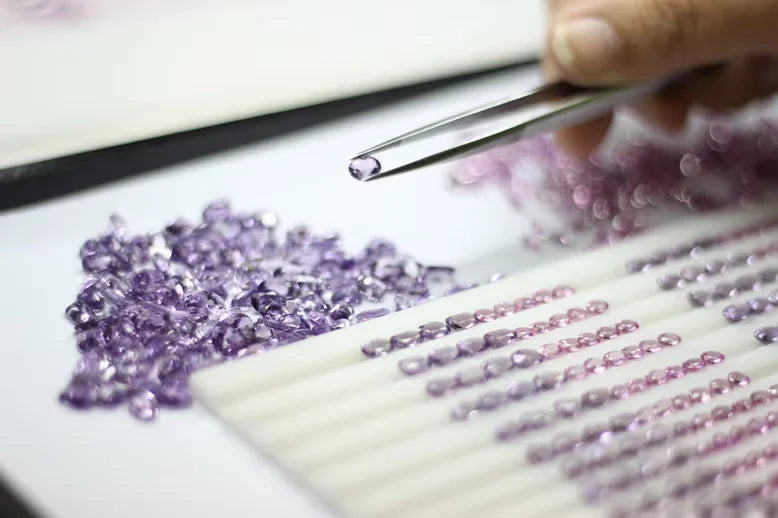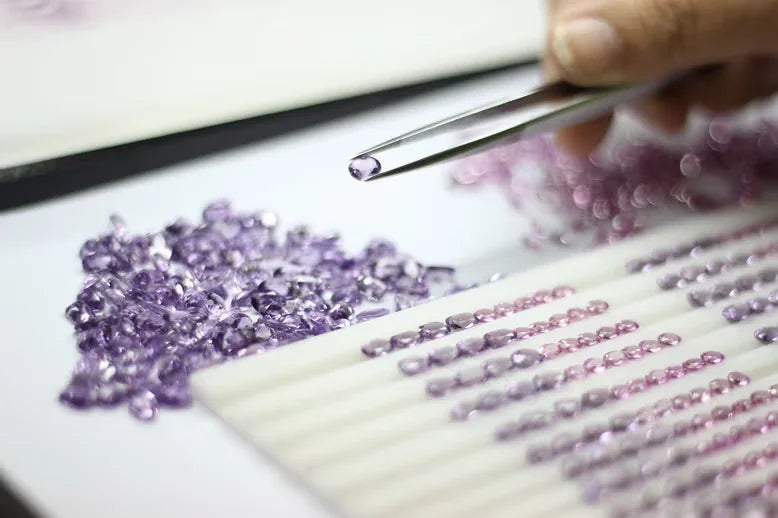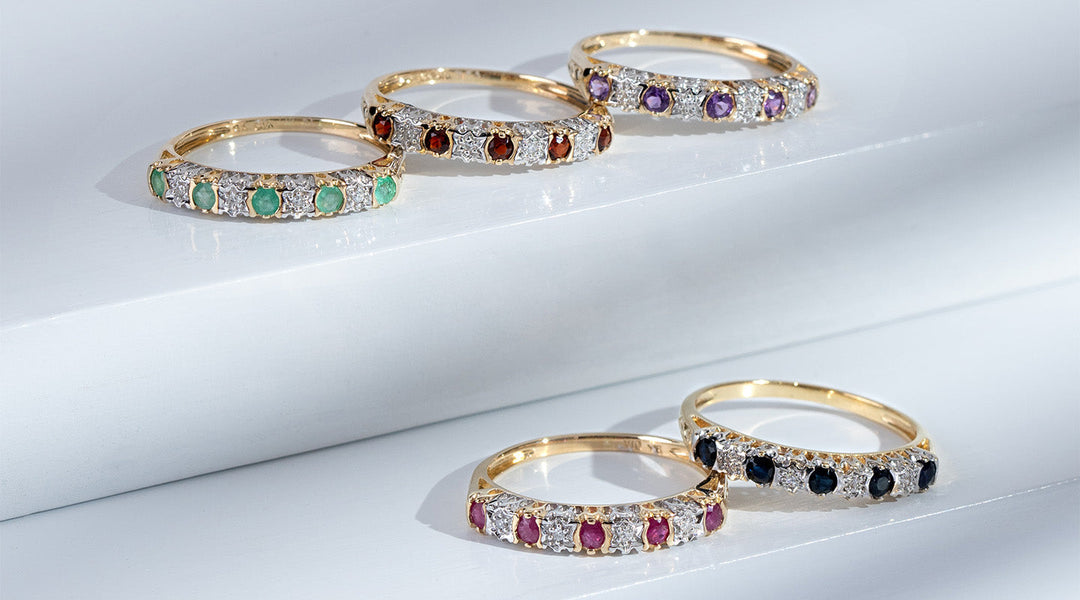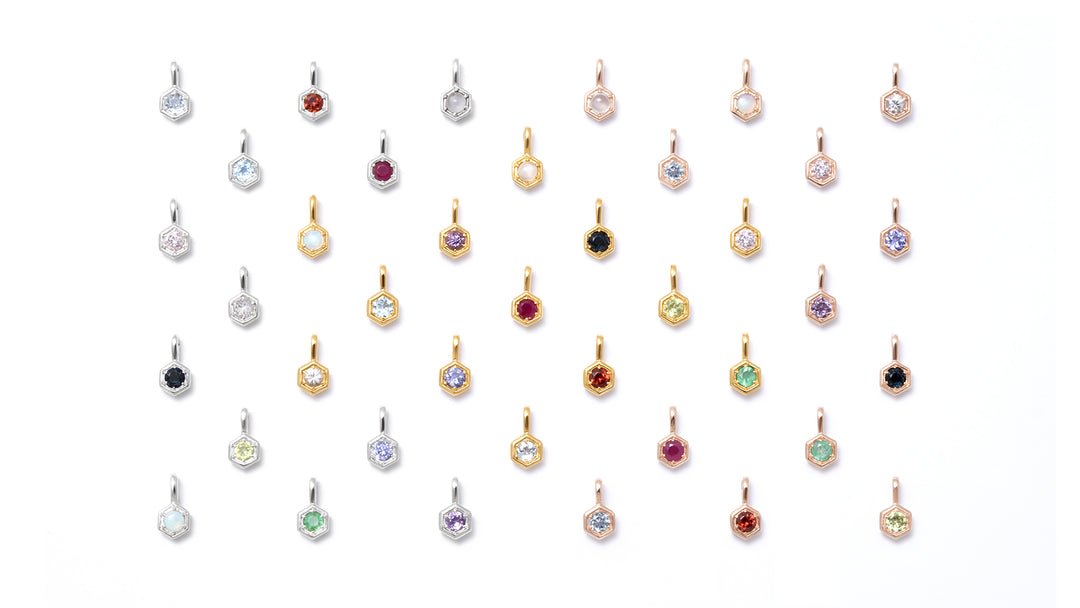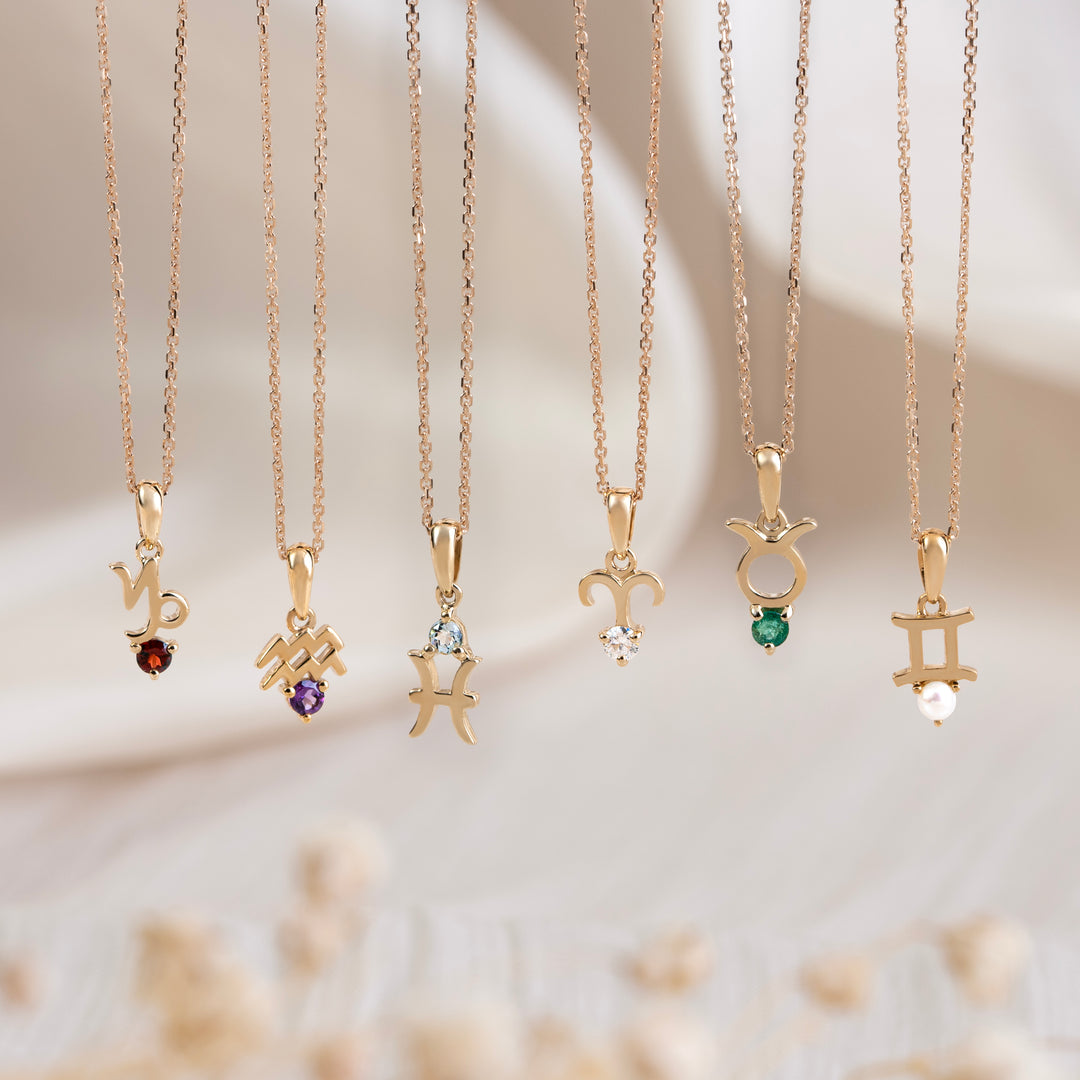In an era of increasing environmental consciousness, consumers are not only seeking beauty in their adornments but also demanding ethical and sustainable practices behind them. For the small-scale jeweller, the journey towards a zero-carbon footprint might seem daunting, but countless actionable and accessible steps can be taken to create truly sustainable jewellery without significant investment. This article explores practical ways for metalsmiths and craftsmen to embed eco-friendly choices into their craft, appealing to both the maker and the conscious consumer.
Sourcing with Integrity: The Foundation of Sustainable Jewellery
The very beginning of any jewellery piece lies in its materials, and this is where some of the most impactful sustainable choices can be made.
Recycled and Reclaimed Metals
Perhaps the most straightforward and effective method for reducing environmental impact is to prioritise recycled metals. Imagine a goldsmith melting down old, unwanted gold and silver – perhaps even pieces from a customer's collection – and transforming them into stunning new creations. This process not only reduces the demand for newly mined metals, which often come with significant environmental and social costs, but also minimises waste. Many suppliers now offer certified recycled gold, silver, and even platinum, making this a readily available option for jewellers of all sizes.
Ethically Sourced Gemstones
When it comes to gemstones, transparency and ethical sourcing are paramount. For smaller makers, direct relationships with small-scale miners or reputable suppliers who can trace the origin of their stones are invaluable. Consider using gemstones from artisanal miners, which can support local economies and provide a traceable origin, or even embracing beautiful, locally sourced pebbles and beach glass for a unique, natural aesthetic.
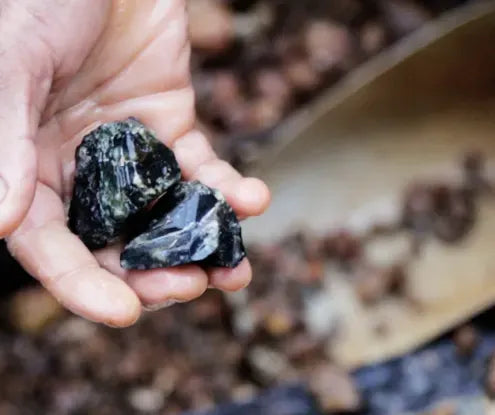
Minimising Waste: A Jeweller's Workshop Transformed
Beyond sourcing, the daily operations within a jeweller's workshop offer numerous opportunities for sustainable practices.
Efficient Metal Usage and Scrap Management
Every tiny filing of precious metal can be collected and remelted. Visualise a jeweller meticulously sweeping their bench, gathering even the finest dust of gold or silver. This diligent approach not only reduces waste but also maximises the value extracted from materials. Investing in a good dust collector and using dedicated "sweeps" for different metals can make this process incredibly efficient.
Reducing Water and Energy Consumption
Simple changes can significantly impact a workshop's energy and water footprint. Switching to LED lighting, utilising natural light where possible, and unplugging tools when not in use are easy wins. For water-intensive processes like polishing or pickling, explore closed-loop water systems or use non-toxic, biodegradable alternatives to harsh chemicals.
Conscious Crafting: Tools and Techniques for Sustainability
Even the tools and techniques employed by a jeweller can be chosen with sustainability in mind.
Hand Tools and Traditional Methods
Embracing hand tools and traditional metalsmithing techniques reduces reliance on electricity. Picture a jeweller meticulously hand-sawing, filing, and hammering, their skill and focus evident. While power tools certainly have their place, consciously choosing hand methods for certain tasks can lower energy consumption and also connect the maker more deeply with their craft.
Eco-Friendly Polishing and Finishing
Many conventional polishing compounds contain harsh chemicals. Explore natural alternatives like rouge made from plant-based materials or eco-friendly tumbling media. Consider a gentle, non-toxic pickling solution for cleaning metals, such as citric acid, instead of harsher acids.
Packaging and Beyond: The Full Sustainable Cycle
The commitment to sustainability doesn't end when the jewellery piece is finished.
Sustainable Packaging
The unboxing experience is part of the allure. Choosing recycled, recyclable, or compostable packaging materials makes a significant statement. Think about jewellery boxes made from recycled paper, organic cotton pouches, or even dried leaves and flowers as natural padding.
Communicating Your Values
Finally, transparently sharing sustainable practices with customers is crucial. A small jeweller can include a note about their eco-conscious methods with each purchase or clearly state their commitment on their website. This not only educates consumers but also builds trust and loyalty, appealing to those who wish to make responsible purchasing decisions.
By embracing these actionable and often simple steps, small-scale jewellers can not only reduce their environmental impact but also create a compelling narrative around their craft, offering customers not just beautiful adornments but also a piece of a more sustainable future.





